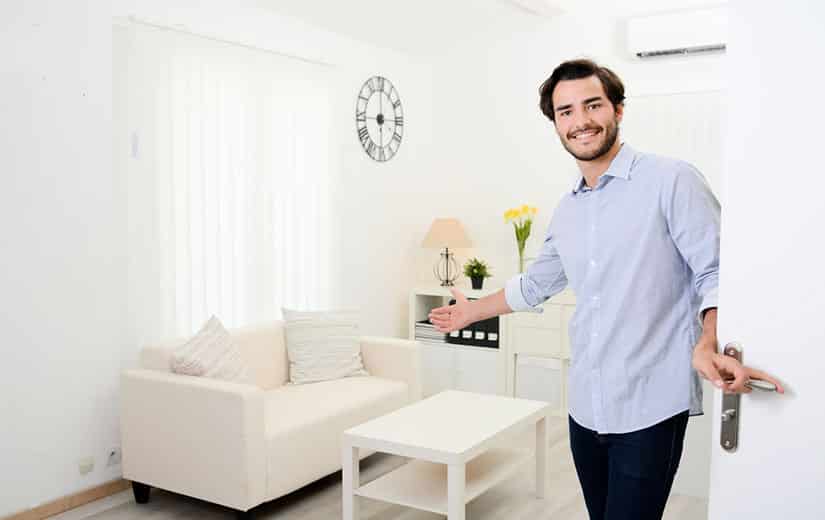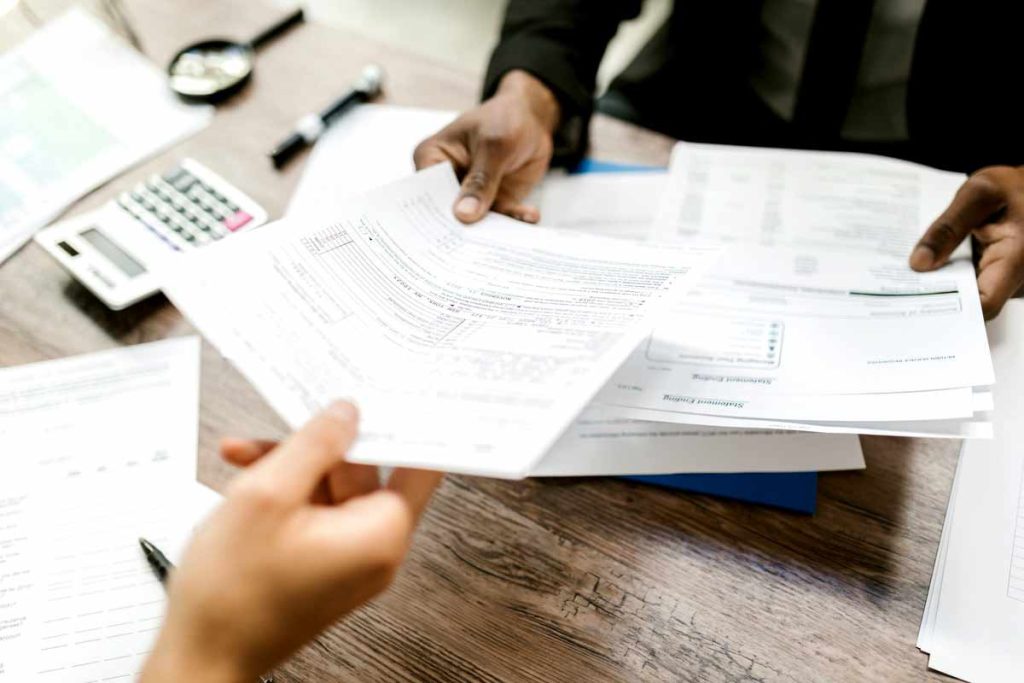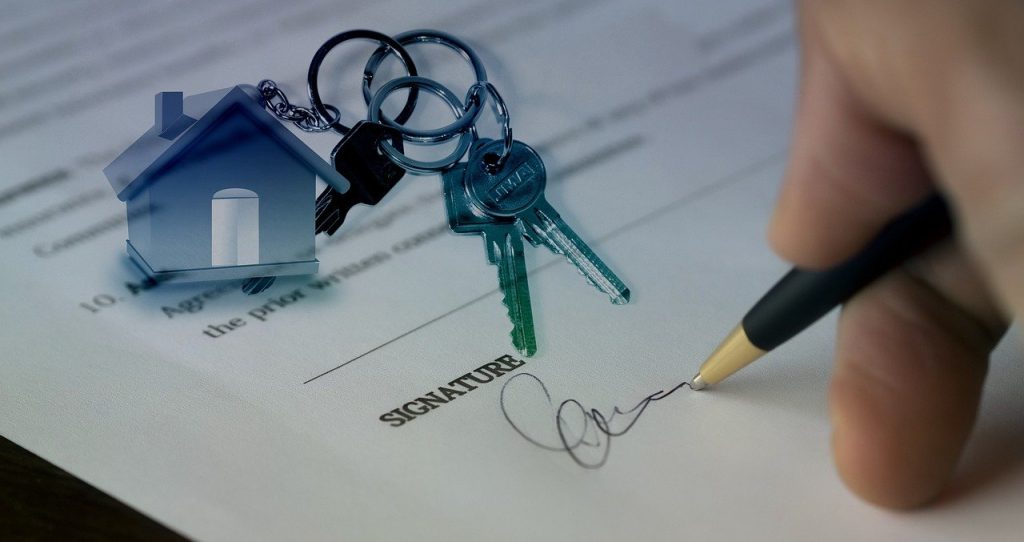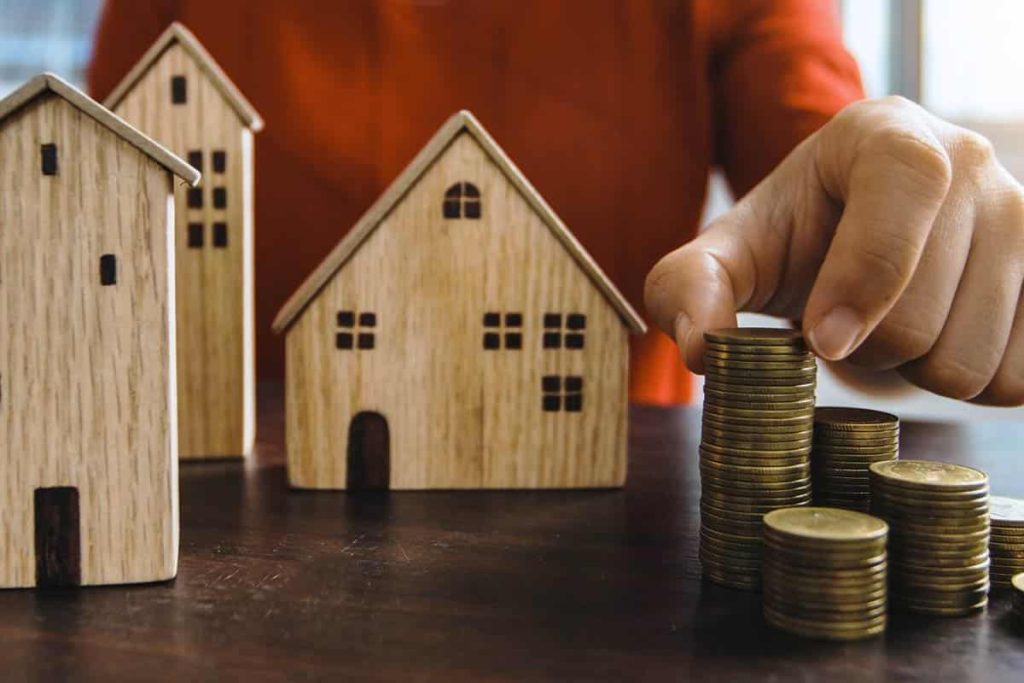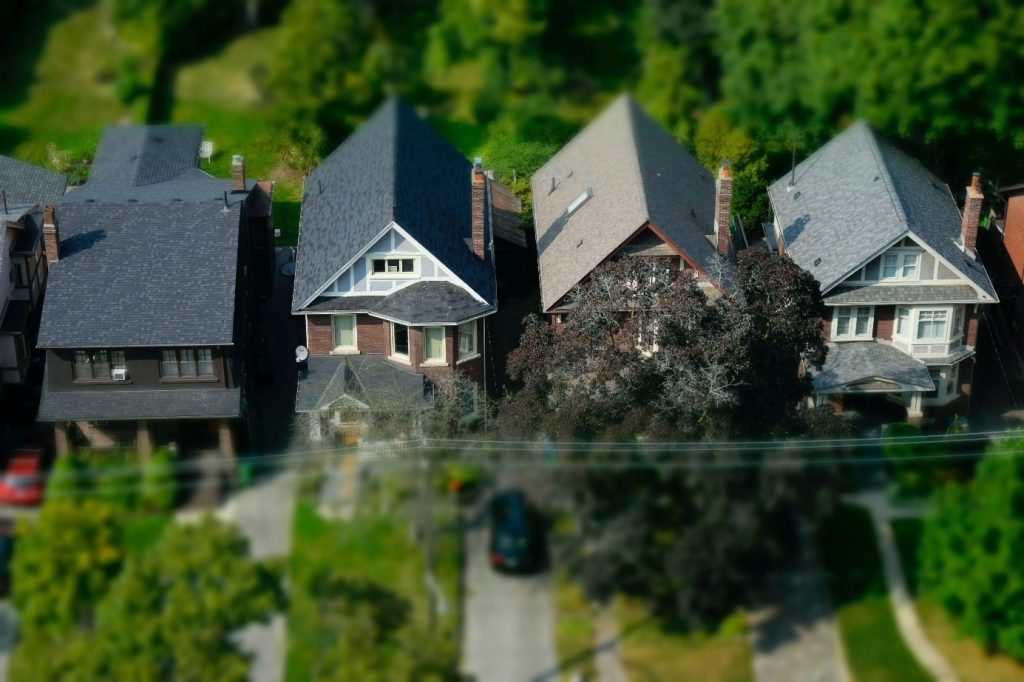The LMNP status, non-professional furnished rental company, allows the purchaser of a property to rent it furnished to a third party. This status, which has existed since 1949, is accessible to all but remains a long-term investment. It is especially famous because it offers advantageous taxation for investors.
Summary
The terms of a non-professional furnished rental
To be considered as a furnished rental, the accommodation must be equipped in such a way as to be able to immediately accommodate the tenant. The latter should not have to contribute to furnishing the accommodation. The investor must therefore provide bedding, shutters or curtains, a refrigerator, hotplates, light fixtures, crockery, an oven or microwave, a table and chairs, storage shelves as well as the equipment necessary for maintenance.
The property rented to a third party can be new or old. If the property is part of a service residence, such as a student residence, a tourist residence or an EHPAD, the rental management will be entrusted to a specialized manager and a commercial lease will be signed with the investor. The duration can range from 9 to 12 years. This avoids rental management, which is very practical.
All taxpayers who wish to make a real estate investment can take advantage of this system, but the gross annual rental income must not exceed €23,000. Another criterion to be respected: the income from the furnished rental must not exceed 50% of the overall income from the investment. The acquisition prices of LMNP are accessible to the greatest number because they are often small surfaces.
To obtain LMNP status, you must first register with the Registry of the Commercial Court and complete a P0i form to obtain a SIRET number. This process must be carried out within 15 days of the rental of the property. For a tourist rental, it is necessary to make a declaration at the town hall.
Goods eligible for the LMNP
The furnished property must be habitable and furnished before the arrival of the tenant. It is for this reason that new service residences are to be preferred. They already have essential services to qualify for a furnished rental accommodation: breakfast service, customer reception, cleaning of premises and supply of household linen. It is imperative to have at least 3 criteria for an investment in LMNP. It is therefore more interesting to invest in a senior residence, a tourist residence, an EPHAD or a student residence.
Investing in old real estate is possible. The rental may be permanent, temporary or only seasonal. Furnished rental of a bedroom in one’s own accommodation is also authorized.
Read also: Build up a heritage with the LMNP
Taxation of a LMNP
The taxation of a non-professional furnished rental offers several advantages. It is an investment of choice. Initially, it allows the investor to diversify his assets and to receive additional income thanks to the rents collected. Another significant advantage: in the context of a service residence, even if the accommodation is empty, the commercial lessor is obliged to pay the rent to the owner of the property.
A non-professional furnished rental company can therefore depreciate its property over several decades. But to take full advantage of this device, it is more interesting to invest in a new residence of services, in order to recover the VAT. Indeed, the LMNP makes it possible to recover the VAT included in the purchase price of the property. But several conditions are required. You must also entrust the management of the property to a professional for at least 9 years and pay the VAT. To benefit from the full VAT refund, the property must be kept for 20 years.
Then, the administrative procedures are simple. Reimbursement is requested via form 3519 to which a bank details must be attached and sent to the Center des Finances Publiques. The Public Treasury will proceed with the reimbursement by issuing a check, within a period of between 15 days and 6 months.
Income from an LMNP is subject to income tax and comes under Industrial and Commercial Profits. Two schemes are possible.
If the receipts collected do not exceed €72,600, the micro-BIC regime applies. No charge will be deductible but the net income will be calculated after a 50% allowance. For furnished rentals located in tourist residences or bed and breakfasts, the maximum amount increases to €176,200 and the reduction is 71%.
If the rental income is greater than €72,600, the so-called real profit regime must be taken into account. In this case, all rental charges are deductible. These are notary fees, management fees, works, loan interest and property tax.
Read also: What is furnished flatsharing?
